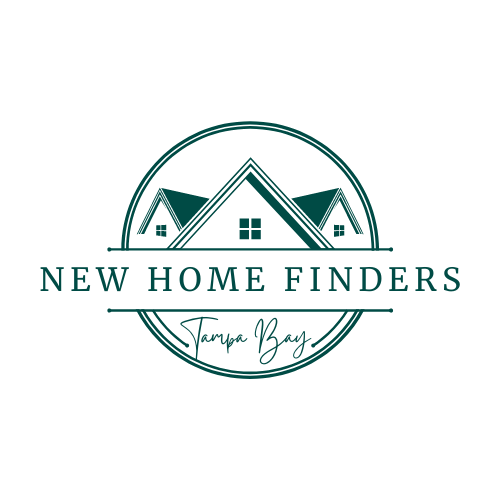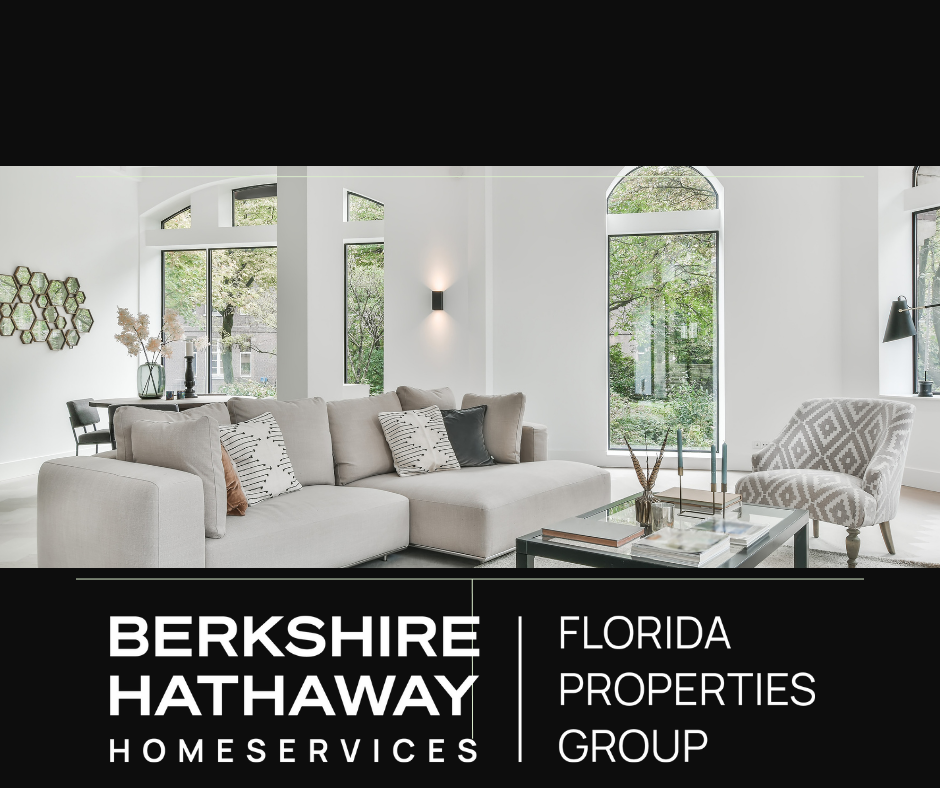Tampa Bay New Home Finders
Don't go into buying a home with a box over your head!

It happened again! A first-time home buyer got a pre-approval letter from a lender they chose. They found the perfect home. They put an offer in and it was accepted. Sounds great so far!
Then they get an email from the lender with disclosures and realize they can’t afford to buy the home. Why? The lender did not educate the buyers! So here is the real scoop. When determining how much house you can afford, it’s paramount to factor in all the additional expenses. What are those expenses? Closing costs, insurances, taxes, inspections, and other fees associated with your mortgage.
The costs associated with purchasing a home are in two basics categories. You have the upfront costs and the ongoing costs.
The Upfront costs will be:
- Your down payment
- Inspections
- Closing Costs
- Reserves
The ongoing costs will be items such as:
- Your mortgage payment
- Property taxes
- HOA fees
- Homeowners insurance
- Mortgage insurance
- Home Maintenance, repairs, and utilities
Let’s look at some of these costs in detail.
Upfront Costs
Down payment
The down payment is the portion of the purchase price that you pay “upfront” or at closing, rather than financing it through a mortgage. Most financing will have a down payment requirement of 3.5% to 20% depending on the type of loan. There are loans without a down payment requirement such as USDA and VA loans – but remember down payment is only one of the upfront costs. In addition, there are down payment assistance programs such as the HomeTown Hero program. That is based on additional requirements and is a second loan when you buy the home. Some of these programs are from 0% interest with repayment only when you sell the home and can be a great resource for homeowners. Be sure to ask your lender what programs they offer as not all offer down payment programs.
Closing costs
Closing costs are those fees associated with mortgage and range typically from 2 percent to 5 percent of the total loan. What are these fees?
- Application fees from the lender
- Credit Check fee from the lender
- Appraisal fee (sometimes this needs to be paid for before closing)
- Home inspection fee – depending on the type of loan some inspections are required by the lender and/or insurance company.
- Origination and/or underwriting fees – this is an administrative fee that the lender charges for processing the loan
- Title insurance
- Title settlement
- Recording Fee
- Title search fee
- Transfer tax
- Points
- Home Warranty Costs
- Transaction Management Fee's
There are some options from lenders where the closing costs are added to your loan principal which can save you on short term, but not always the most financially prudent. These are all things that you and your lender should be discussing when you are getting the pre-approval.
Reserves
Reserves are basically dollars that are remaining in your bank account after all the closing costs are paid. This is to ensure that you will have money for the next two months to pay your mortgage. The amount required is set by your lender and the type of loan you’re obtaining.
The Ongoing Costs
Mortgage payments
Don’t be shocked when the principal payment and the mortgage payment are two different numbers. Be sure to share with your lender what you want the final mortgage payment per month to be so that you can work backwards.
In addition to the principal payment, you will typically have taxes, insurance (both homeowners and mortgage) that go into an escrow account upfront and then included as part of each month’s mortgage.
Homeowners insurance is to protect your home from damage to the home; whereas mortgage insurance (commonly known as private mortgage insurance or PMI) is insurance that protects the lender if you default on the loan. PMI is permanent but you need to ask your lender how much equity must be paid into your loan to remove it.
HOA fees, CDD, and special assessment fees
If you are buying a home in a community overseen by a homeowner’s associate, you will likely be required to pay a monthly fee. These fees go toward the services the association provides.
CDD fees are when you purchase in a development for the cost of the infrastructure of the community and is included as a separate line item on your tax bill.
Special assessment fees can either be fees made by the HOA for urgent repairs that need to be made in the community; a road assessment to repave a privately maintained road for example.
In these types of communities, you may also have a one time buy in fee that is required to move in. This can also include the cost for a background check.
Home maintenance, repairs, and utilities
Wear and tear happen regardless of where you purchase. Depending upon the age of the home buying, a home warranty program paid for at closing can prevent a big shocker when your HVAC unit goes out in the middle of July. There are a variety of programs covering different aspects of the home. Ask your real estate agent if this is something you should be considering as part of your closing costs.
Most experts say that you should have 1% of the home costs in an emergency fund to address repairs and maintenance of your home. Utilities like water, sewer, and electricity will also be part of the ongoing costs.
So, what does this really all look like?
Let’s say you purchased a new home for $300,813-716-4498 and you have put down 10 percent or $30,000 as your down payment. Your loan amount would be $270,000.
The average closing costs are roughly 4-6% of the purchase price – so let’s say 5% of $15,000 for upfront costs.
With 30-yr fixed loan and interest at 6.339% your mortgage monthly payment would be $1,678. Now add in insurance and taxes. Using a general mortgage calculator (without HOA/CDD) an actual monthly payment of $2,201. *Here is a link to the 2022 FHA Home Calculator
So for a 10% down home at $300,000 you will need approximately $45,000 for down payment, closing costs and reserves. If we changed it to a FHA 3.5% down payment, your upfront costs go down dramatically to $25,000 approximately, but your monthly payment increases to $2,392.
Understand this is all dependent upon the interest rate, your credit score, the home insurance costs, taxes, etc. but it does give you a better idea of the scope of what it really costs to purchase a home.
I hope this helps provide some insight into the home buying process. Connect with a great lender who will be able to explain to you what your best options are for your specific situation.
Buy with confidence. Knowing when and where to buy and understand your buying power are paramount in today’s market. To learn more about buying with confidence, visit my Buy With Confidence website today!
East Pasco Living Team
We are a collaborative team with a vision to put our years of experience working and living in East Pasco to work for you! We strive to build long-term relationships and give you the individualized attention you deserve. Let us put our combined decades of experience to work for you.
Carla Goddard | East Pasco Living Team Lead
Graduate, REALTOR® Institute | Residential Specialist | BHHS-Certified New Home Specialist | Certified National Home Specialist – Residential Construction Certified (CNHS-RCC) | NHCB Certified New Homes Co-Broker |BHHS-Certified eCertified® Specialist | BHHS-Certified rCertifiedSM Referral and Relocation Specialist | Tampa Bay Builder Services Manager
Berkshire Hathaway Home Services
📧email: carla@eastpascoliving.com
📲text/call 813.716.4498
If you are considering purchasing a new construction home and would like to ask questions, schedule a discovery call today with one of us or our designated New Home Specialists.
Carla Goddard | East Pasco Living Team Lead | Operations Director Builder Services
Graduate, REALTOR® Institute | Residential Specialist | BHHS-Certified New Home Specialist | Certified National Home Specialist – Residential Construction Certified (CNHS-RCC) | NHCB Certified New Homes Co-Broker |BHHS-Certified eCertified® Specialist | BHHS-Certified rCertifiedSM Referral and Relocation Specialist | Tampa Bay Builder Services Manager
📧email: carla@eastpascoliving.com
📲text/call 813.716.4498
Follow us




